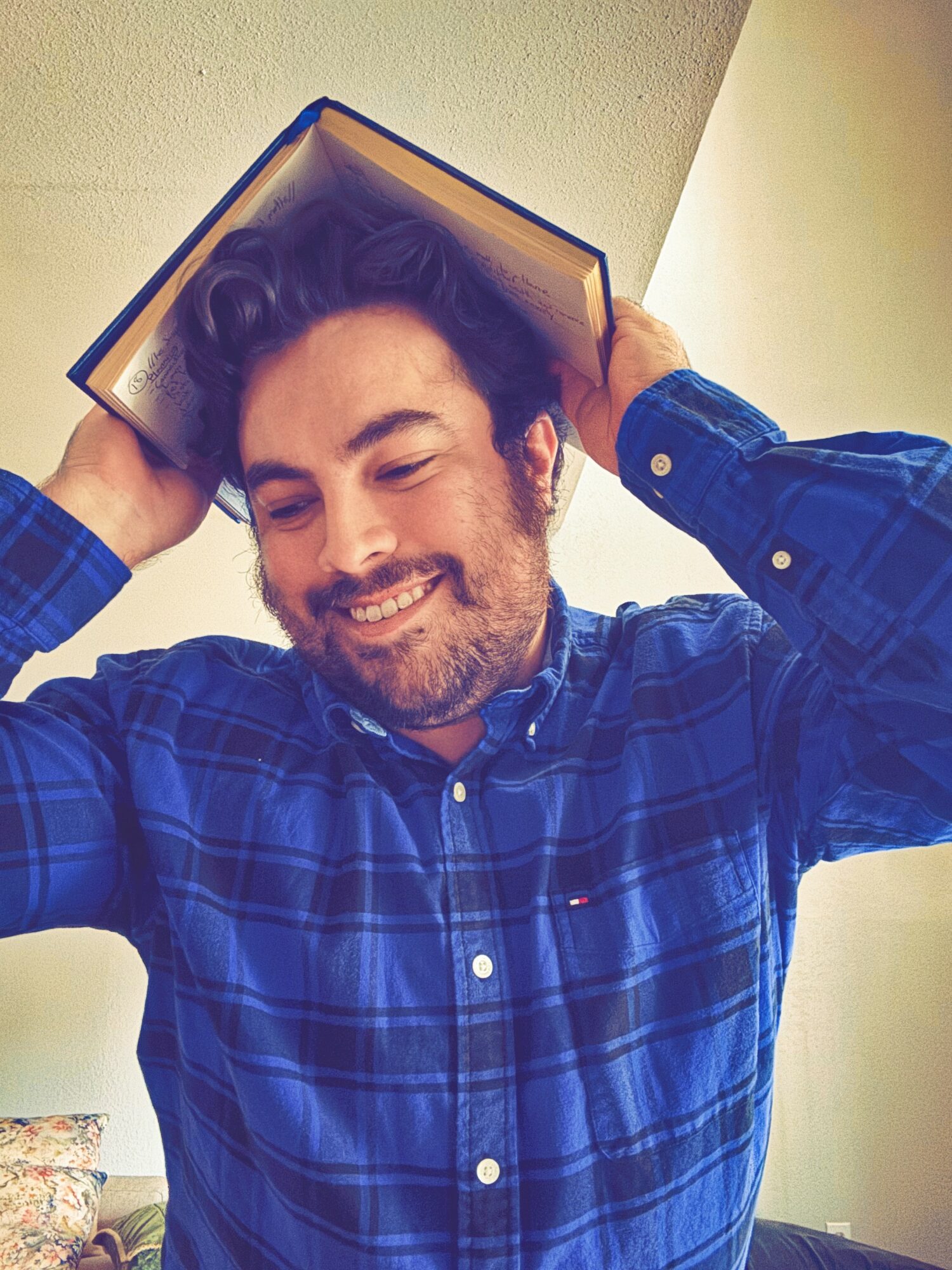

Scott Hill shared their story and experiences with us recently and you can find our conversation below.
Scott, really appreciate you sharing your stories and insights with us. The world would have so much more understanding and empathy if we all were a bit more open about our stories and how they have helped shaped our journey and worldview. Let’s jump in with a fun one: Are you walking a path—or wandering?
I think it changes depending on where I’m at in my life, but right now I’m walking a path I’ve carefully crafted for myself. I spent last year doing a lot of wandering, which isn’t a bad thing to do when you’re trying to find yourself after something big like the aftermath of a bad breakup. There are seasons of wandering and seasons of walking with intention, but I’ve definitely got a map right now for sure.
Can you briefly introduce yourself and share what makes you or your brand unique?
I’m an indie author who self-publishes poetry collections. In total, I’ve released ten books about my life’s experiences within the past decade and I recently created an anthology with my best poems from those books called Poetic Omnibus. I’m a world builder and a storyteller so my style of poetry is narrative and creative; I enjoy writing about my life through poetry in a manner that connects with readers with shared experiences. Everything from heartache, to falling in love, to mental illness, to perseverance—it’s all in these books I’ve written. I love life, and I’m constantly feeling inspired by the way I live. Also, by the time this article comes out, I’ll have a new poetry book out on July 1 called //biblio//. It’s a book that’s all about healing and how I learned who I am as an adult living on their own and finding love again for both myself and for someone else.
Appreciate your sharing that. Let’s talk about your life, growing up and some of topics and learnings around that. What relationship most shaped how you see yourself?
This is an interesting question because you would think my mind would jump to a romantic relationship. But the truth is that my relationship with myself has shaped me the most. I have struggled with my identity for most of my life—trying to figure out my place in my family, my sexuality, my choice in careers, my purpose, my choice in friendships and partnerships, my role in society, and understanding what makes me the man I am. Over time, I have gone from being confused by myself, to feeling betrayed by myself, to hating myself, to feeling sorry for myself, to making peace with myself, to finally loving myself. My relationship with myself isn’t perfect, by all means. But appreciating and caring for all of the good and bad in me allows me to follow my intuition and make choices that benefit me and my happiness. This has led to me being gentle with myself in the face of adversity, a skill I have continued to develop over time. It’s also a topic that I tend to write about a lot in my poetry because it’s allowed me to work out my insecurities on paper, so I get to understand myself better once I finish.
When did you stop hiding your pain and start using it as power?
I think this started when I wrote my first poetry collection—Into the Eye. I started expressing trauma I hadn’t fully dealt with when writing it, things I had dealt with in high school that affected me into my early 20s. Also my last poetry book I’m 2024, which was Rose Gold and Blood Moons, was an uninhibited release of pain from betrayal. I really wrote that book as a flotation device when I was really in a lot of pain. It helped me survive. I probably wouldn’t be here today if I hadn’t written that book last year when I needed to. Now I feel powerful because my pain is a part of my story and my story can help others feel less alone in their own experiences. My poetry is truly my power now for that reason alone.
Sure, so let’s go deeper into your values and how you think. Is the public version of you the real you?
Yes and no. There are still parts of me that I keep private like my romantic relationship and my interactions with friends and family. I only use social media to promote my poetry. The world sees who I truly am in my art when they read my work, but it doesn’t mean I need to share every intimate detail I have with those who really matter to me. I share what I am willing to allow for the world to see from me. And I think it’s enough for now.
Before we go, we’d love to hear your thoughts on some longer-run, legacy type questions. What is the story you hope people tell about you when you’re gone?
I get nervous thinking too far ahead like that into the future, but I guess I just hope that people remember me for being generous or kind. I want people to share my poetry still when making references to their own life experiences. I have young readers who are reading The Blues & The Grays, which is a poetry book I wrote about my time in high school. I haven’t been in high school for 14 years, but the emotions and experiences are still relevant to those living through that time period of fourteen to eighteen today. So I guess I want to be remembered for my art and how it affects people.
Contact Info:
- Instagram: @scotthillpoetry
- Facebook: https://facebook.com/scotthillpoetry
- Other: Threads: @scotthillpoetry
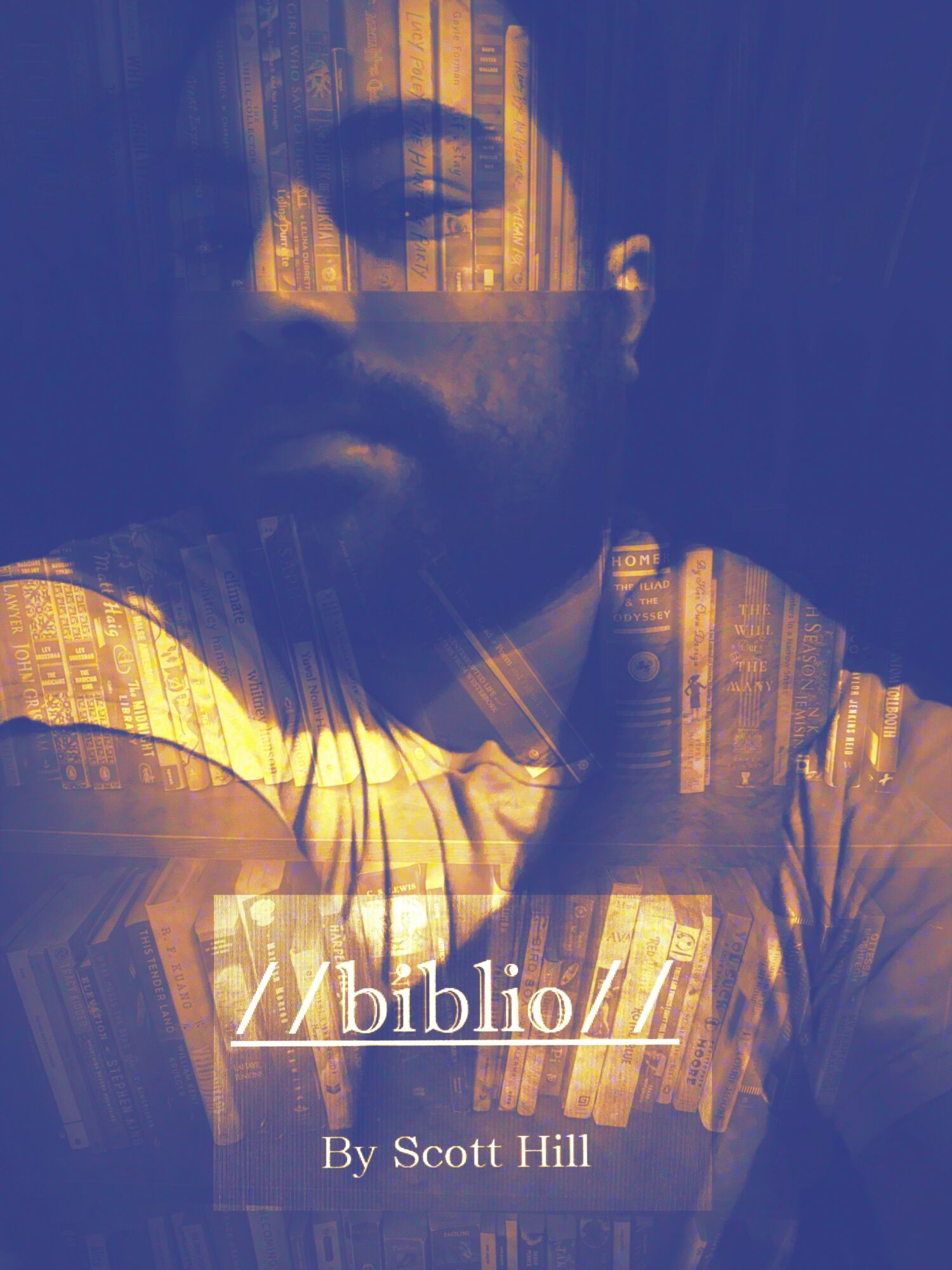
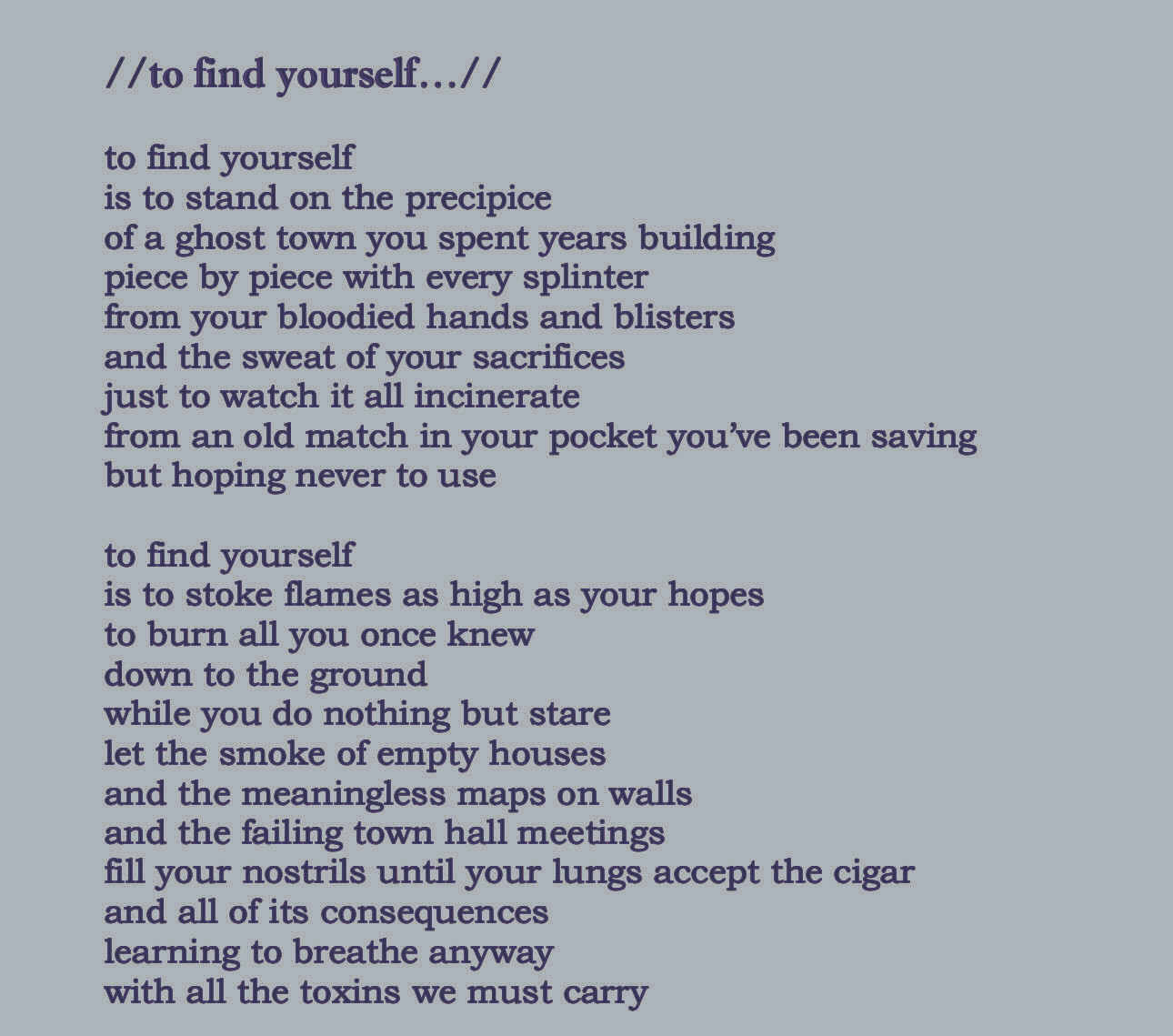
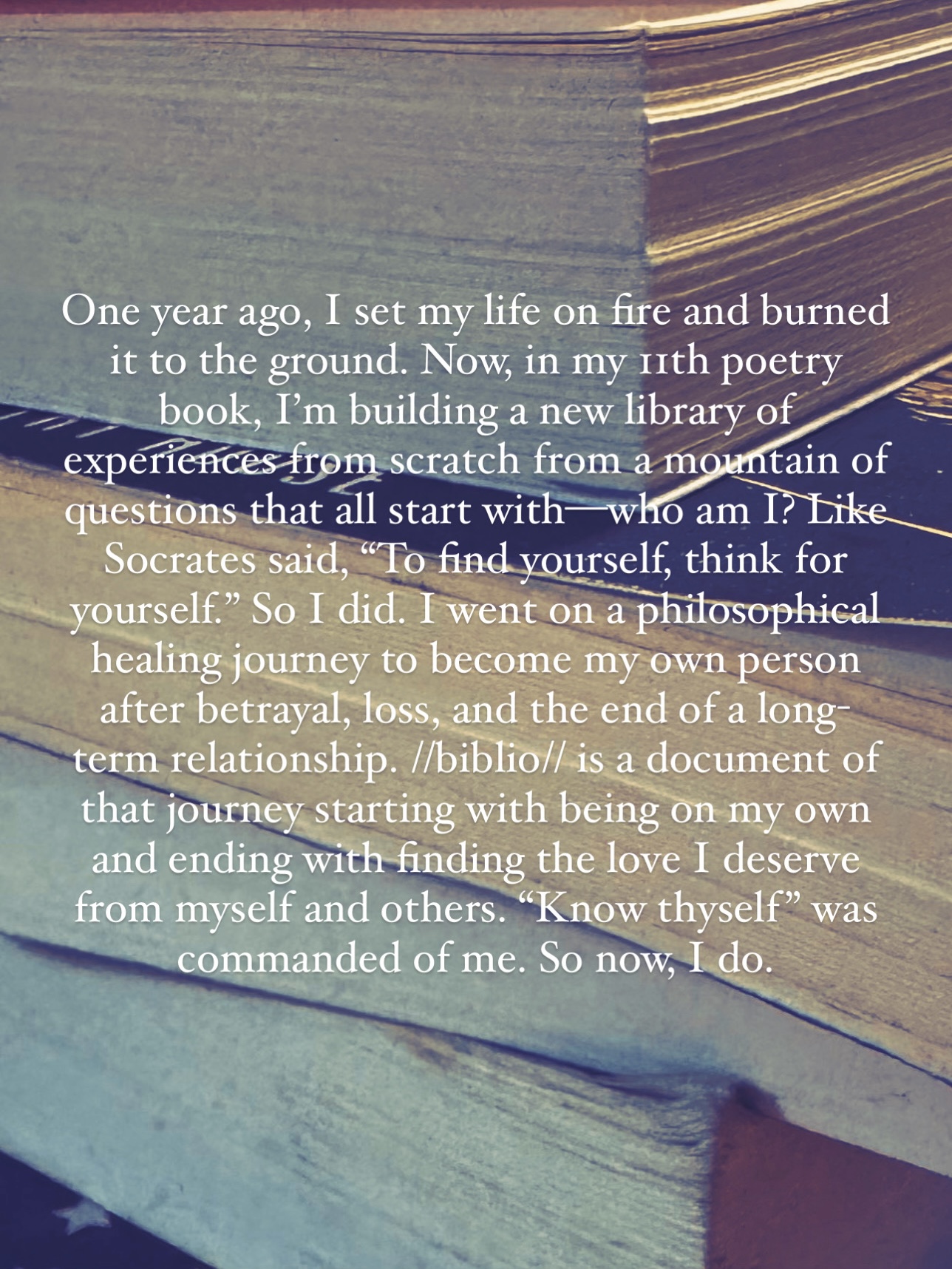
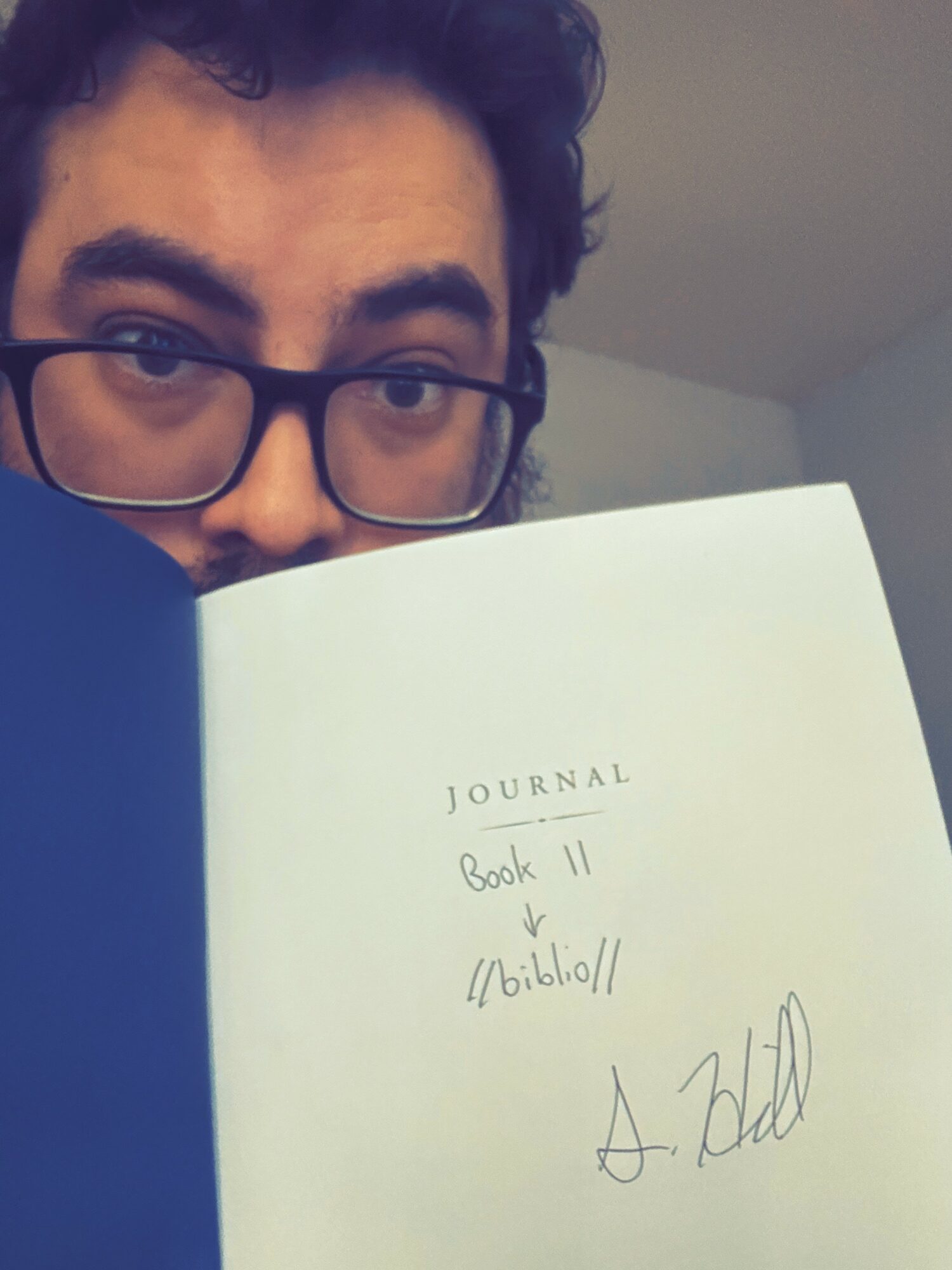
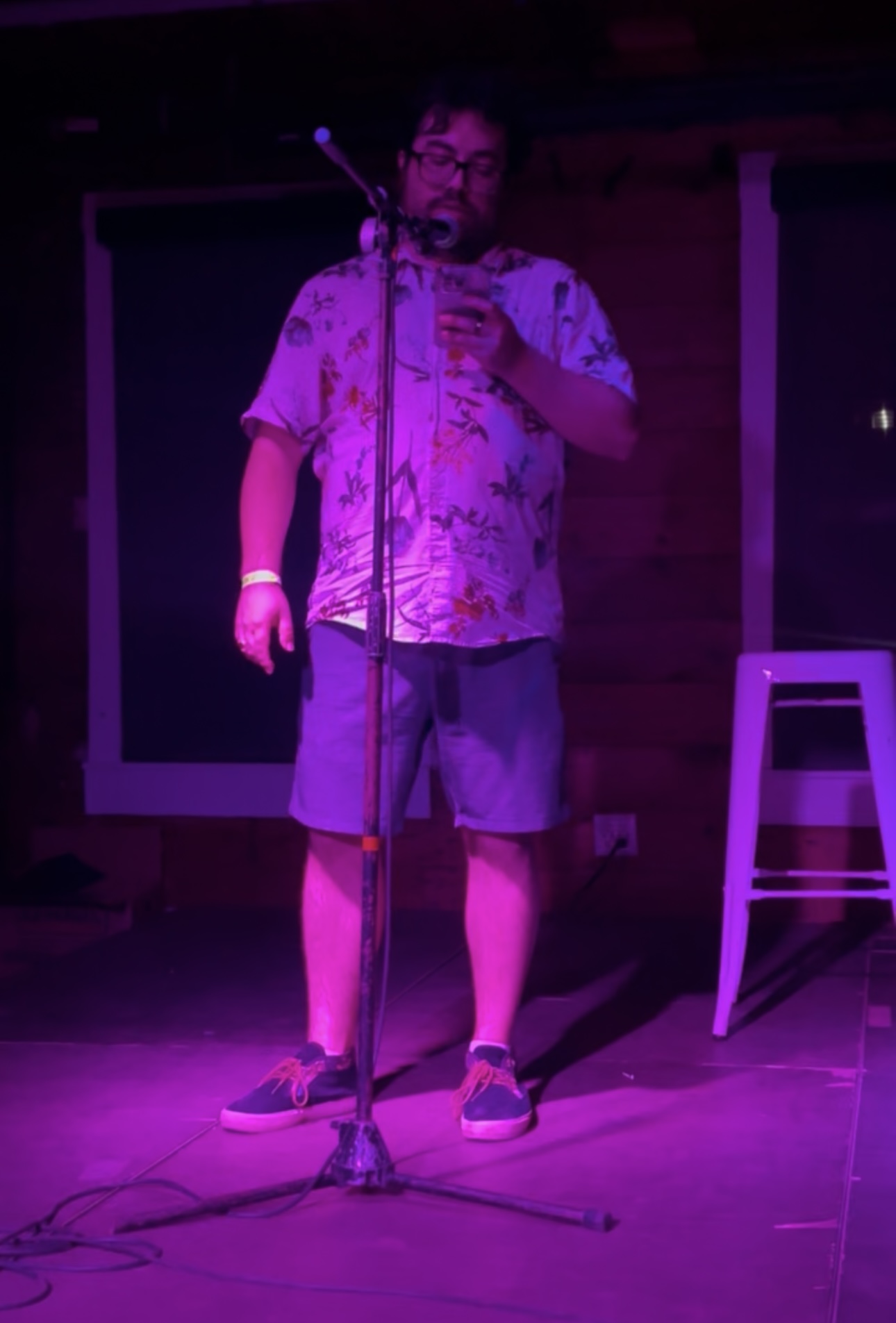
Image Credits
Adriana Pineda










